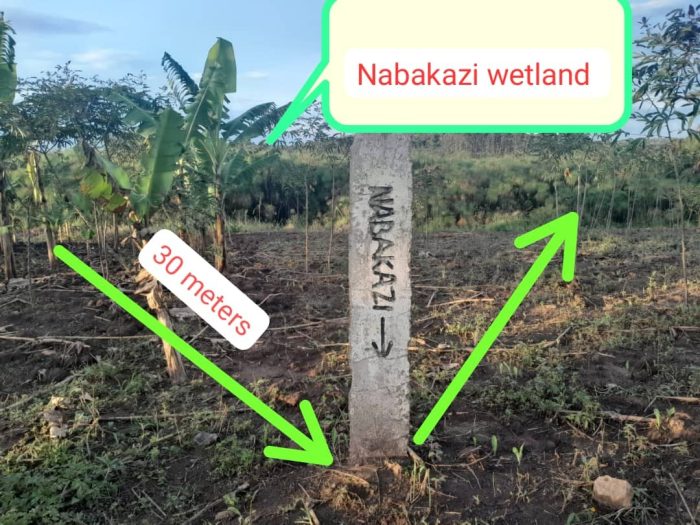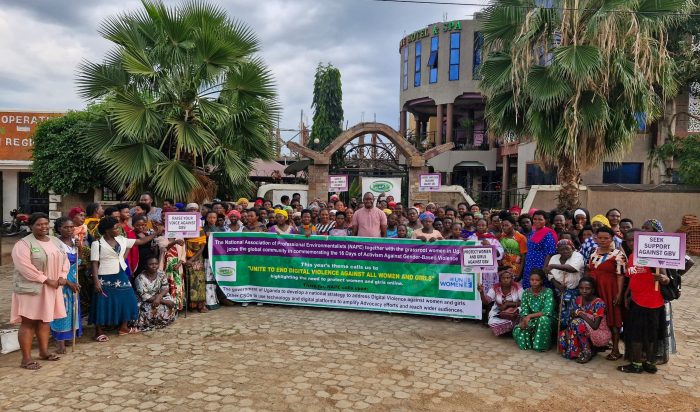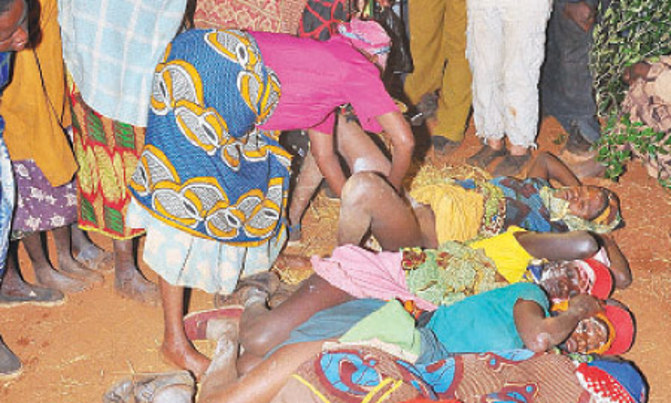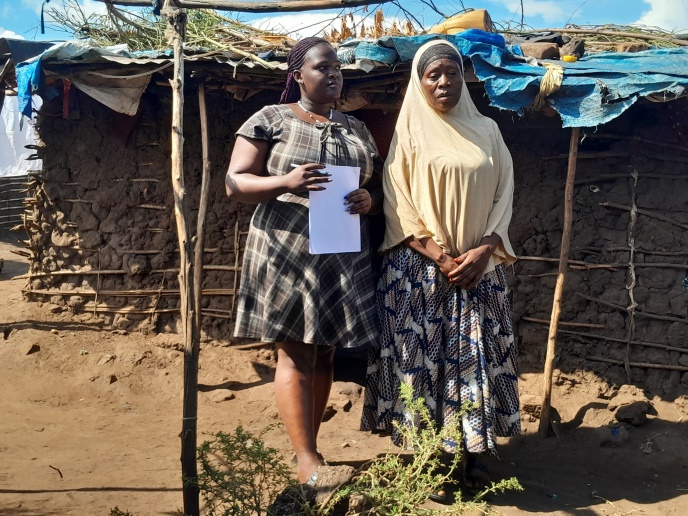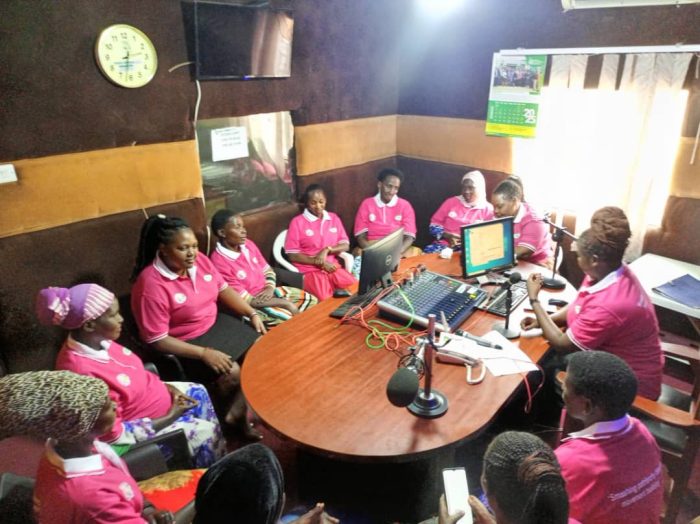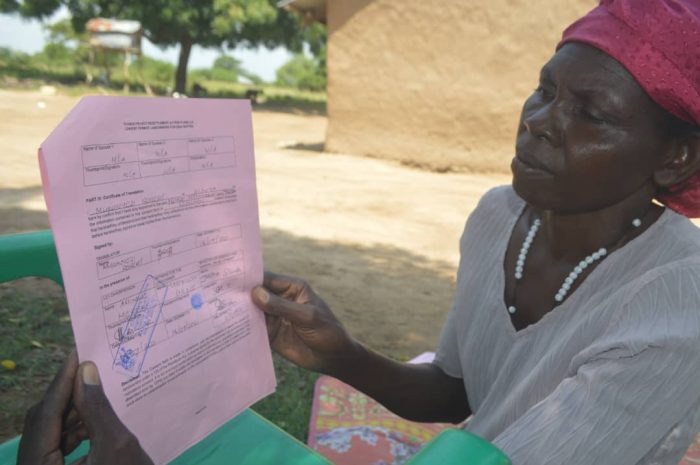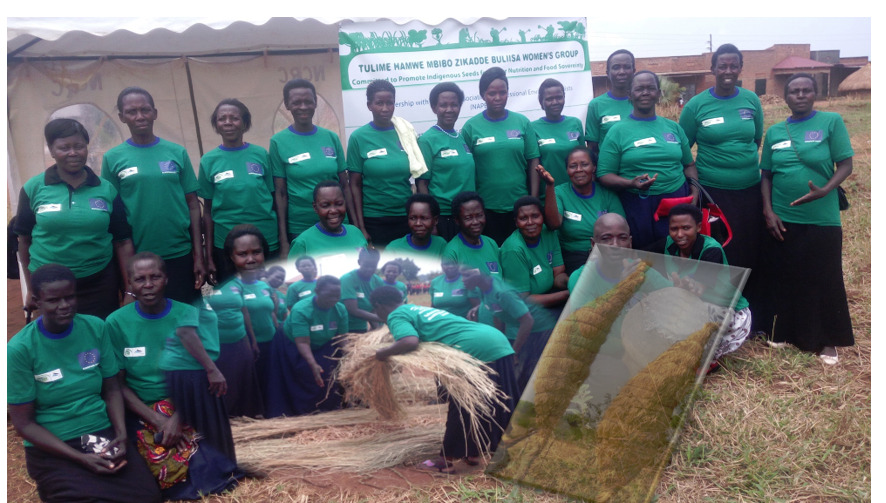
On 8th March every year, Uganda joins the rest of the world to celebrate International Women’s day. This year’s theme was, ‘Empowerment of Rural Women and Girls: Challenges and Opportunities’. The National celebrations were held in Mityana district.
Buliisa district celebrated the women’s Day on 16th March, 2018 at Kihungya Primary School playground in Kihungya Sub-county, Buliisa. Hon Monica Amoding, the Woman Member of Parliament (MP) for Kumi district presided over the celebrations that was organized by Buliisa District. A number of MPs attended the celebrations including: Hon. Norah Bigirwa. the Buliisa District Woman MP and host, Hon. Mukitale Birahwam MP for Buliisa, Hon Akello Silvia for Otuke district, Hon. Kisembo Basemera Noeline, MP Kibaale district, Hon. Kahunde Hellen Kiryandogo district, Hon. Barnabas and Tinkasimire, MP for Buyaga county. The Local Council 1V Chair Person, Mr. Simon Kinene and the Buliisa Resident District Commissioner, Mr. Peter Bisoborwa also attended the function.
Buliisa Small-Scale Farmers, under their Umbrella Group, “Tulime Hamwe Mbibo Zikadde Buliisa” Women’s Group in partnership with National Association of Professional Environmentalists (NAPE), carried out exhibition of indigenous seed varieties and traditional methods of traditional seed storage. During the celebrations, the women demonstrated traditional means of seeds preservation, which involves wrapping of seeds in dry grass and hanged the wrapped seeds on a pole to protect it from pest’s attack and diseases and increase its shelf-life.
They also exhibited indigenous seed varieties that were almost getting extinct, such as sorghum, beans, cassava, pumpkins, Bambaranuts (also known as in local Kinyoro Endemesa dialect), local green vegetables among others, and their import values. The women demonstrated and explained the importance of these various seeds varieties, and their important role of enhancing better nutrition and working as medicine. These traditional foods are also used during traditional cultural ceremonies, and most importantly they ensure food security in times of food shortage for example drying sweet potatoes.
The women also told their guests that these indigenous seeds varieties when planted in appropriate seasons, they produce better yields and can withstand harsh weather conditions and are not easily affected by pests like conventional and hybrid seeds which is common on the markets today.
“Women are the custodians of seeds”, and since time immemorial women have played the central role of the conservation of traditional food systems and ensuring food security in their families”, Kagole Margret, a member of the women’s group explained to the guests and MPs while visiting their stalls.
While addressing the show-gowers, members of Parliament from Buliisa hailed NAPE for supporting women in promoting indigenous seeds varieties and pledged to continue supporting NAPE’s activities in the area.
“You should always keep seeds for the next season. Do not wait for government to provide you with seeds. I therefore want to thank NAPE for promoting indigenous seeds varieties, medicine etc..,” said Hon. Steven Birahwa Mukitale, Bulisa County MP.
The Bulisa Woman MP, Hon. Norah Bigirwa appreciated the contribution of civil society organizations, especially NAPE, in empowering women and said these efforts contribute to her dream of empowering Bulisa women to benefit from the oil sector.
“In Bulisa, we want to appreciate local content concept including traditional seeds, and we say NO to GMOs! That’s why I appreciate the efforts of NAPE for this initiative of promoting indigenous seeds. I pledge my commitment to support these women,” she said.
With support from European Union (EU) and the Open Initiative for Eastern Africa(OSIEA), NAPE has been implementing a project aimed at Strengthening Community Cultural Governance Systems to defend and Protect their food, land and Natural Heritage in Hoima and Bulisa districts of western Uganda. The project, supports community efforts of small-holder farmers, especially women to enhance their indigenous knowledge of seed and associated culture to be food secure and safeguard biodiversity for future generation.
Dennis Tabaro Natukunda, the Senior Programs Officer at NAPE who also heads the project says the traditional seed varieties are intertwined in cultural heritage because they are used by the clan elders when performing traditional practices in their clan traditional ceremonies.
NAPE uses traditional community dialogue as an approach, which involves the identification and involvement of elders who have knowledge of sustainable solutions to the current conflicts on land, food and ecosystems.
During these dialogues, the elders (custodians) of knowledge meet with the young generations and small-holder farmers to synergize on weaving the basket of knowledge, especially on the role of seeds in performing rituals and ceremonies in cultural sites and their attachment to the protection of ecosystems.
Story compiled by:
Precious Naturinda, Uganda Green Community Radio

